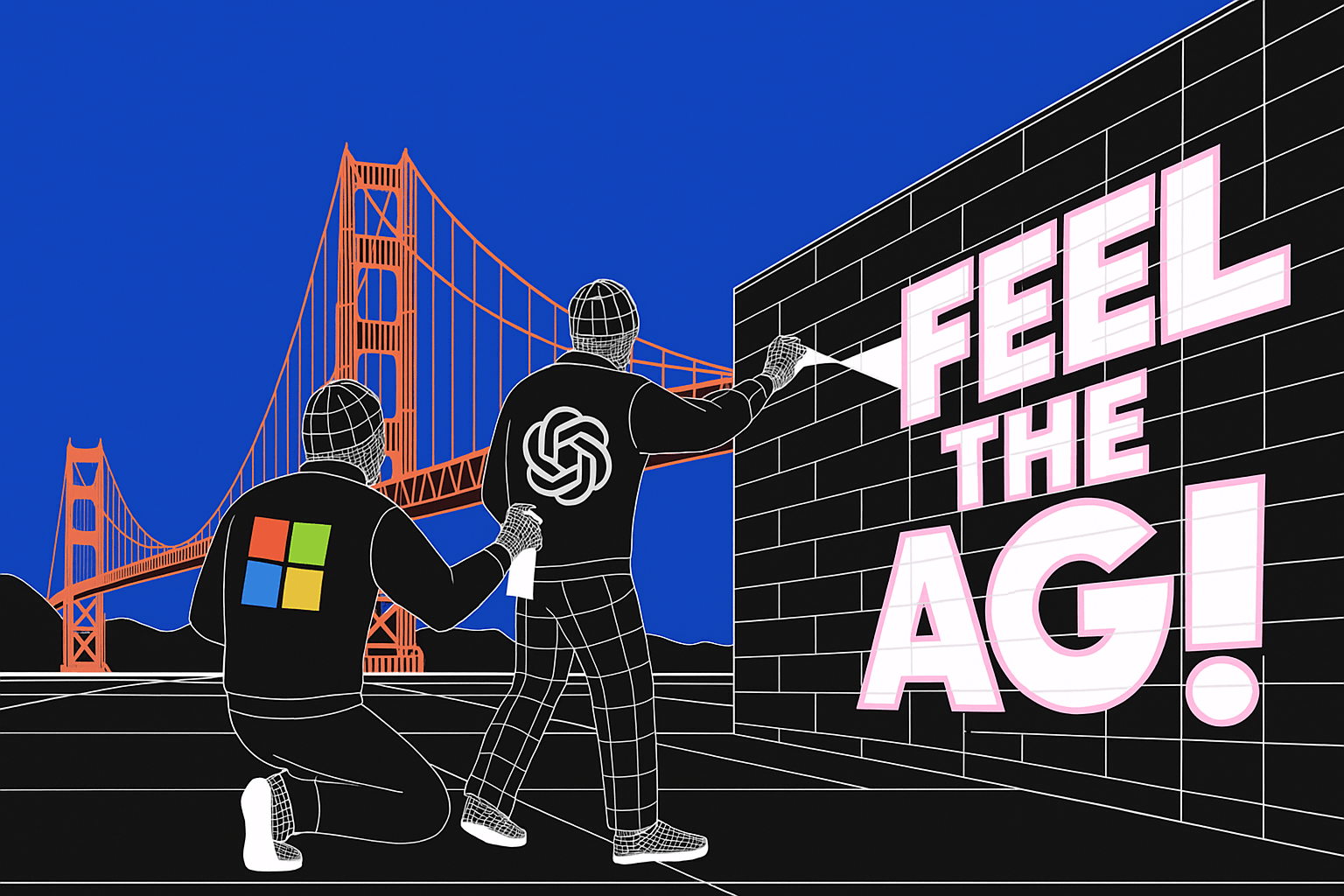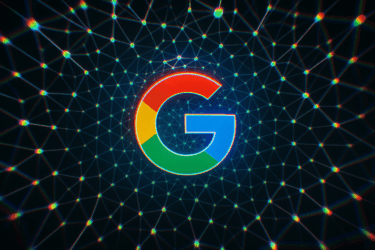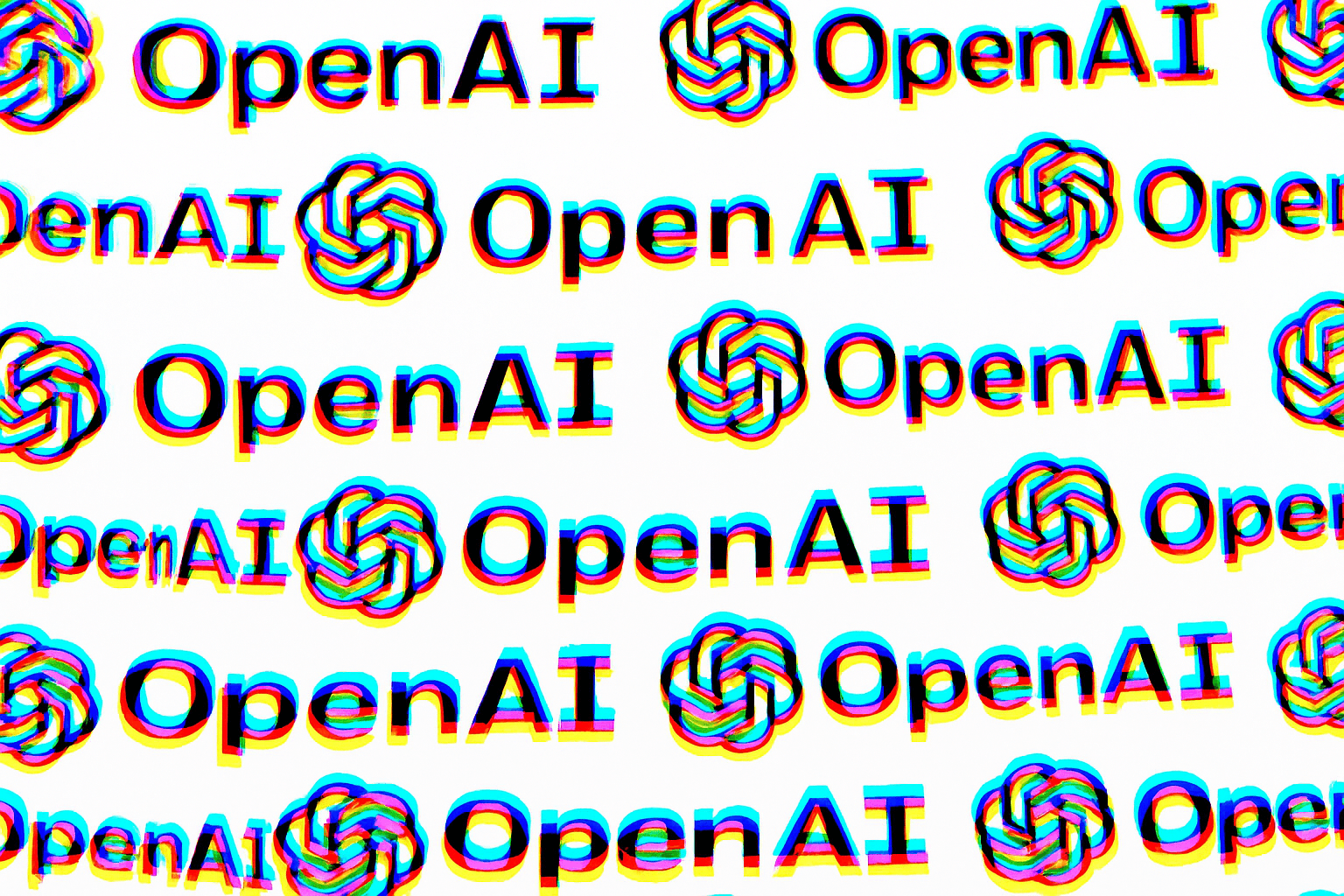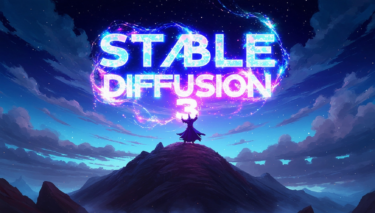Short
Snap has signed a $400 million partnership with Perplexity AI to make its AI search engine the default option inside Snapchat starting in 2026. In addition to the existing "My AI" chatbot, Perplexity will be available to users worldwide. Snap CEO Evan Spiegel says the deal could open the door to future partnerships with other AI providers.
The agreement includes a mix of cash and equity and will be recognized as revenue beginning in 2026. Perplexity, which now serves more than 20 million users, is currently facing lawsuits over alleged terms-of-service violations from both Amazon and Reddit.









